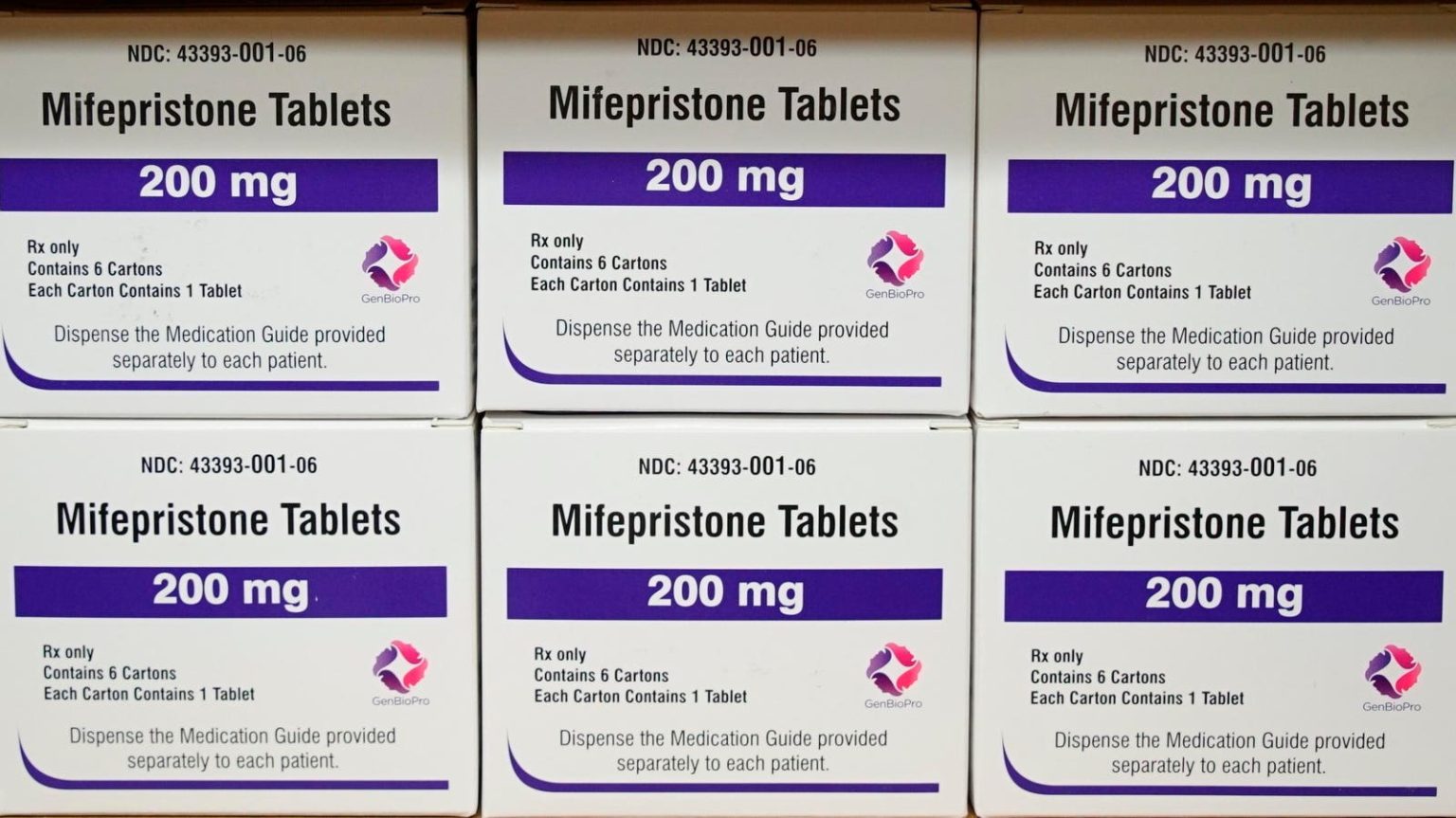Louisiana Governor Jeff Landry recently signed a controversial bill into law that classifies two pills commonly used for medication abortions as dangerous controlled substances. The law, which passed the Louisiana House and Senate earlier in the week, makes being in possession of mifepristone and misoprostol without a prescription punishable by up to five years in prison. These drugs are also used for miscarriages and to prevent ulcers. The pills are now classified as Schedule IV dangerous substances, leading to concerns from doctors opposing the law who argue that limited physical or psychological dependence does not apply to these medications.
Governor Landry stated that he was proud to sign the bill into law, claiming that it is meant to protect women in Louisiana. The state already has a near-total ban on abortions, and the legislature recently declined to add exceptions for cases of rape or incest. President Joe Biden criticized the new law, attributing it to the overturning of Roe v. Wade, while Vice President Kamala Harris referred to the bill as being passed by “extremists.” The bill was brought by Republican Sen. Thomas Pressly, who cited a personal experience involving his sister as the motivation behind the legislation.
The bill passed the House by a vote of 64-29 on Wednesday and the Senate by a vote of 29-7 on Thursday before being signed into law by Governor Landry on Friday. Doctors in Louisiana and across the country have expressed concerns about the implications of the new law, with over 250 physicians signing a letter to Senator Pressly stating that it gives a false perception that the drugs are dangerous and require additional regulation. Doctors also fear that the reclassification of the drugs as dangerous substances could hinder access to them in rural clinics.
There is also potential for other Republican-led states to pass similar legislation following Louisiana’s lead. Since the overturning of Roe v. Wade in 2022, individuals in states with abortion bans have turned to traveling out of state or ordering abortion pills through the mail – actions that could be limited by laws like the one passed in Louisiana. Additionally, the Supreme Court is currently considering a case that seeks to roll back the FDA’s approval of misoprostol, further adding to the complexities surrounding access to these medications for reproductive health services.
As the debate around abortion rights and access to medication abortions continues to unfold, the impact of Louisiana’s new law and the potential for similar legislation in other states remain key areas to watch. The reclassification of mifepristone and misoprostol as dangerous controlled substances has sparked criticism from medical professionals and advocates, highlighting the ongoing challenges faced in the fight for reproductive rights.













